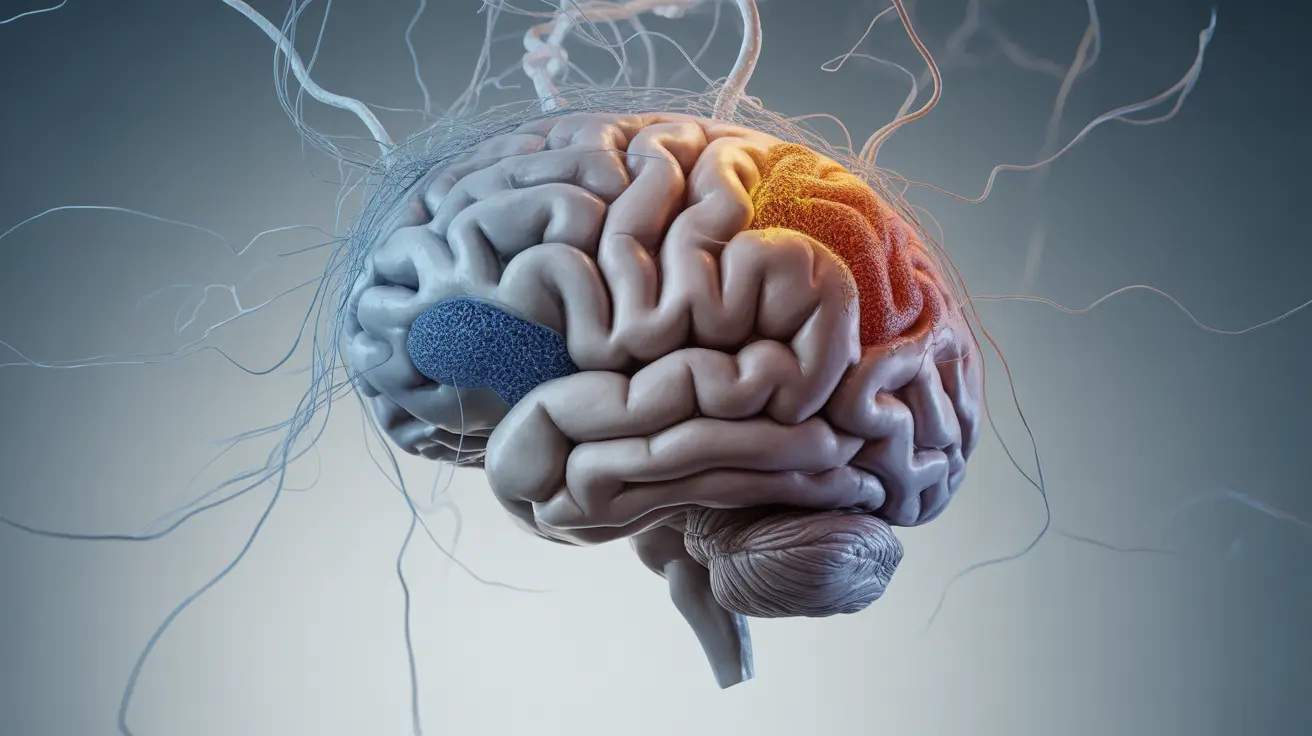The relationship between schizophrenia and blindness has intrigued researchers for decades, particularly since studies have revealed a remarkable phenomenon: people who are born blind appear to be protected against developing schizophrenia. This fascinating connection provides valuable insights into both conditions and may hold keys to understanding the mechanisms behind schizophrenia development.
Recent scientific investigations have shown that while individuals who lose sight later in life can develop schizophrenia, those with congenital blindness seem to have natural immunity against the condition. This discovery has profound implications for our understanding of brain development, sensory processing, and mental health.
The Protective Nature of Congenital Blindness
Research has consistently shown that congenital blindness appears to provide complete protection against developing schizophrenia. This protection stems from fundamental differences in how the brain develops and processes information when vision is absent from birth. The brain's remarkable plasticity allows it to establish alternative neural pathways and compensatory mechanisms that may inadvertently prevent the development of schizophrenic symptoms.
- Enhanced non-visual sensory processing
- More structured cognitive organization
- Different neural network development
- Altered reality-testing mechanisms
Brain Development and Sensory Processing Differences
The brains of individuals born blind develop distinctly different neural architectures compared to sighted individuals. These differences appear to create a more organized and stable way of processing sensory information, which contrasts sharply with the disrupted sensory processing often seen in schizophrenia.
- Superior auditory processing abilities
- Enhanced tactile sensitivity
- More efficient memory systems
- Better organized spatial awareness
Late-Onset Blindness and Schizophrenia Risk
Unlike congenital blindness, losing sight later in life does not provide protection against schizophrenia. Individuals who become blind after early childhood can still develop the condition, and in some cases, may experience unique challenges in managing their symptoms.
This distinction highlights the critical role of early neurodevelopmental processes in both conditions. The timing of vision loss appears to be crucial in determining its impact on mental health outcomes.
Research Implications and Future Directions
Understanding the relationship between blindness and schizophrenia opens new avenues for research into both prevention and treatment of psychotic disorders. Scientists are particularly interested in:
- The role of visual processing in psychosis development
- Neural plasticity and protective mechanisms
- Potential therapeutic applications based on these findings
- Development of new treatment approaches
Frequently Asked Questions
Why does congenital blindness seem to protect against developing schizophrenia?
Congenital blindness appears to protect against schizophrenia through alternative brain development patterns, enhanced non-visual sensory processing, and more structured cognitive organization that develops in the absence of visual input from birth.
Can people who become blind later in life still develop schizophrenia or psychosis?
Yes, people who lose their vision later in life can still develop schizophrenia or psychosis, as their brains have already developed with visual processing systems in place.
How does the brain of someone born blind differ in processing sensory information compared to a person with schizophrenia?
People born blind develop more organized and efficient sensory processing systems, with enhanced auditory and tactile capabilities, while individuals with schizophrenia often experience disrupted sensory processing and integration.
Are visual hallucinations less common or absent in people who are blind from birth?
Visual hallucinations are typically absent in people who are blind from birth, as they have never developed the neural architecture necessary for visual processing or visual experiences.
What does current research suggest about the neurological reasons behind the lack of schizophrenia in congenitally blind individuals?
Current research suggests that the absence of early visual input leads to alternative brain development patterns and compensatory mechanisms that may prevent the neural disruptions typically associated with schizophrenia.




